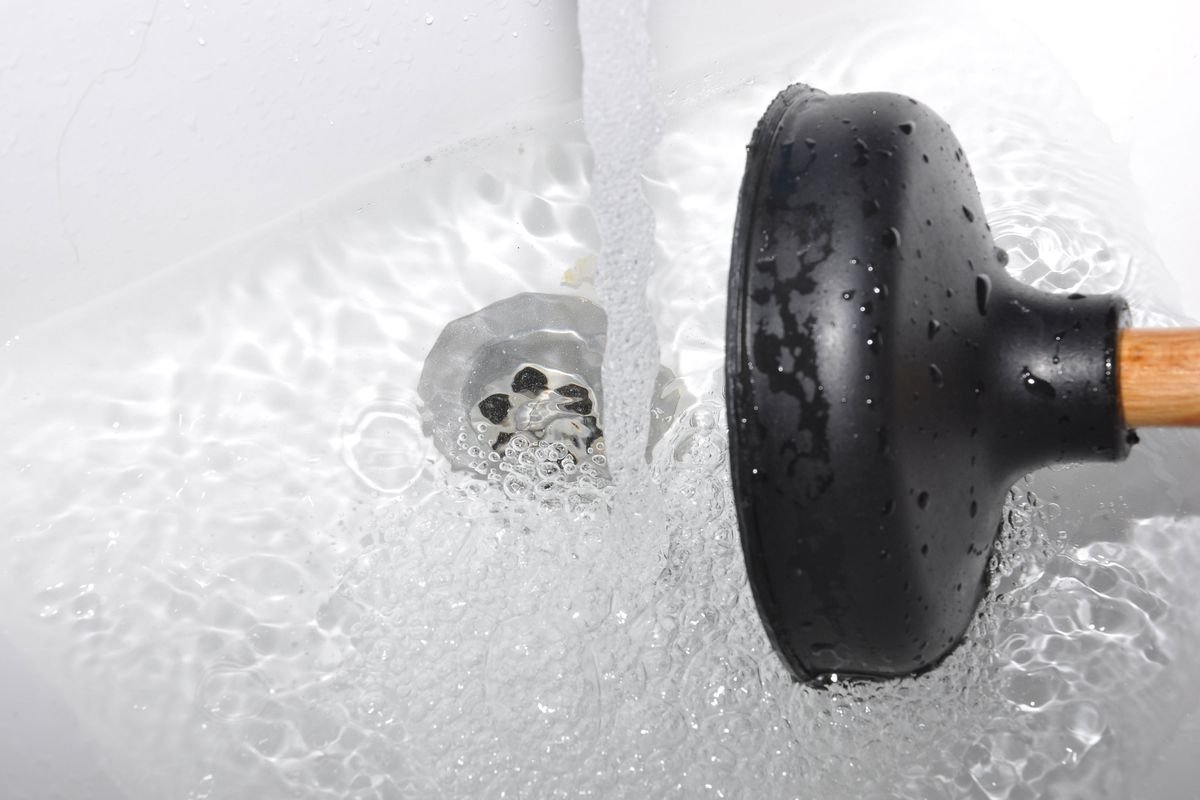A clogged drain may seem like a common household problem that happens occasionally. But it causes stagnant water that can produce bacteria. This not only smells bad but can also affect your health.
A severe blockage can also damage your pipes which could eventually burst and lead to extensive water damage. No one once to have to deal with these issues. The key to avoiding them is knowing the common causes of clogged drains and the best way to fix them.
Read on to find out the signs of a clogged drain and when calling a plumber is the best solution.
Signs of a Clogged Drain
There are normally warning signs before a clogged drain or blockage becomes so bad that it creates water damage or other issues. It’s important to look out for these so that you can fix the issue before it becomes a major problem. Here are a few signs to look for:
- Gurgling Sounds
- Recurring Clogs
- Water Backing Up
- Unpleasant Odor
- Mildew, Mold, or Pests
These are just a few of the signs that indicate it’s time to take a closer look at your drain.
Causes of Clogged Drains
Once you spot any of the signs above, you must act quickly to take care of the problem. It helps if you know what is causing the problem. Often the culprit is a common household article.
Excess Toilet Paper
If you have family members that use excessive amounts of toilet paper this might cause clogged drains in your home. Although toilet paper isn’t usually an issue, too much of it, especially if it’s quilted, can cause blockages.
If toilet paper is the cause of your issue, it is usually fixed by using a drain cleaner, plunger, or toilet auger.

Hair
A bad hair day can be irritating but when hair builds up in your drain you’ll have even bigger problems. Hair, along with dental floss and animal fur is a common cause of clogged drains. This becomes an issue, especially when combined with grease, soap, and other substances that go into your drain.
This can cause stubborn, hard-to-clear clogs. But being persistent with a plunger or commercial drain cleaner can help. There are also tools on the market specifically made for hair clogs. They work similarly to a plumber’s snake.
Grease, Oil, or Fat
Although these commonly cause problems in kitchen sinks. They can affect other drains in your household. It’s best to avoid throwing out any of these substances into your drains.
Try using a plunger or mixing detergent with hot water. This can sometimes break up the solidified fat. If this doesn’t work you may have to use a commercial drain cleaner.
Some other causes of clogged drains can be:
- Soap
- Dirt
- Food Remnants
- Diapers and Wipes
- Small Objects, including Toys
- Cotton Swabs or Feminine Products
- Leaves and Plants
- Build up of Minerals
Whatever the cause, of your clogged drain, if household solutions don’t work, calling a plumber is the next step.
Clean Drains and a Clear Mind
Clogged drains can be annoying, yet a seemingly minor household issue. You might even be tempted to put off taking care of it. However, it can become a major problem over time.
Looking for the signs and knowing the causes of clogged drains can help you avoid the need for extensive repairs. Knowing how to unclog a drain makes these situations easier and provides peace of mind. But you also have to know when it’s time to call a residential plumber.
For more on how to take care of common issues you may encounter in your home and other home improvement tips, check out the Lifestyle section on our site.





